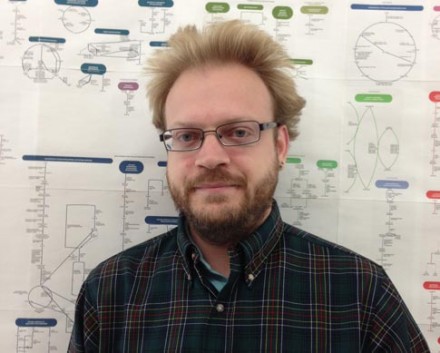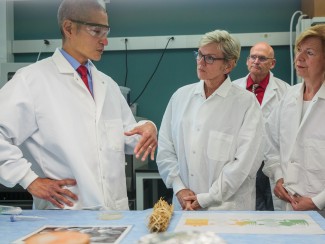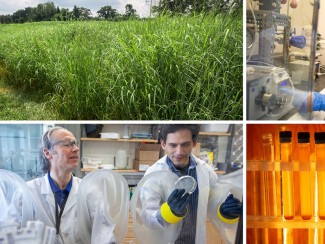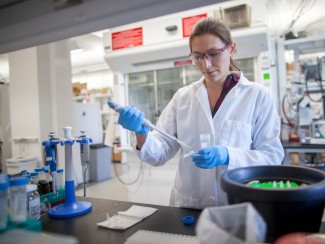On September 10th, the National Science Foundation (NSF) announced that Dr. Chris Hittinger, assistant professor of genetics at the University of Wisconsin–Madison and Wisconsin Energy Institute (WEI), and colleagues have been awarded a five-year $2 million grant to study the genomes, metabolism, and ecology of diverse yeast species.

Hittinger and collaborators at UW–Madison, Vanderbilt University (Antonis Rokas), and the United States Department of Agriculture (Cletus Kurtzman) hope to produce an interactive, web-based database of genomic data that allows researchers, clinicians, teachers, and students to explore the yeast subphylum as a model for understanding the generation of biodiversity.
The project’s focus on how biodiversity is generated across diverse yeast species could be of value to practitioners using yeast to improve biofuels, as well as other medical and industrial processes.
Of particular interest to WEI researchers are the many understudied species of yeasts that have bioenergy-related abilities such as xylose fermentation and oil production. Understanding how these unusual traits evolved from ancestors that lacked them could help researchers engineer microbes adept at converting sugars to biofuels.
“These 1,000 yeast species have as much genetic diversity as all vertebrates put together. Cataloging their genetic makeup by complete genome sequencing will produce a treasure trove of data,” Hittinger says. “Evolutionary geneticists will be able to study how the parts evolved to work together and produce novel traits, and synthetic biologists can use those parts to engineer industrial yeast strains for human benefit.”
Hittinger’s project is one of 12 to be funded this year by NSF’s Dimensions of Biodiversity Program. The NSF program, which promotes the use of “integrative, innovative approaches to fill the most substantial gaps in our understanding of the diversity of life on Earth,” awarded $23 million in grants to scientists studying how to decrease planet-wide species loss.




